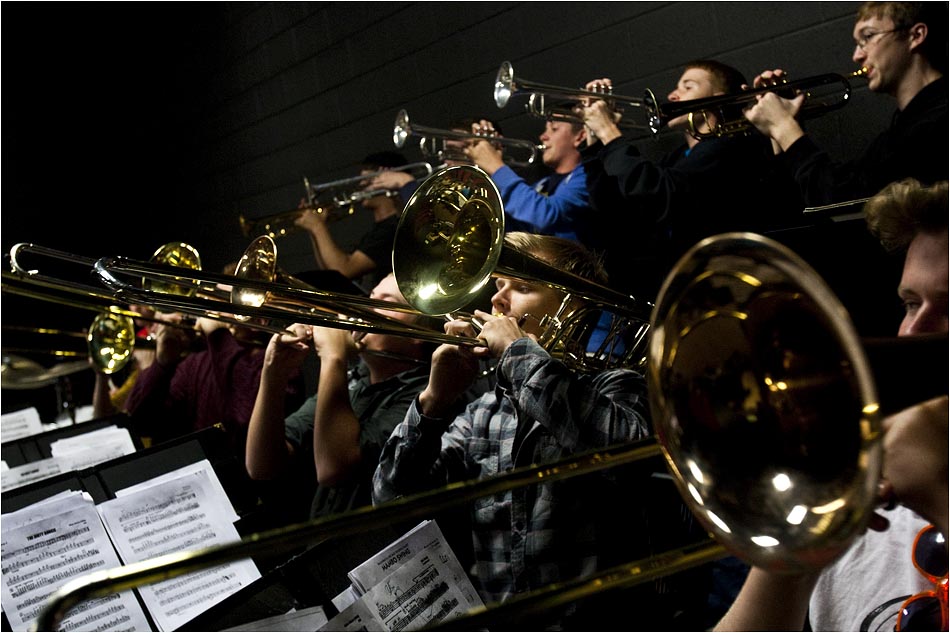Executive Summary
View Pointe Properties 401K, LLC was established to fill a void in the process of acquiring home ownership for those of us who do not qualify for conventional loans. There are people in trouble these days, with the number of foreclosures, short sales, abandoned properties, loss of jobs, lowered incomes, lowered credit scores, bankruptcies, divorces, and most of all, people who lose a major portion of their retirement because of high medical bills. These people, who have suffered losses and failures, are why we formed our company. We are putting together a team of industry professionals who are driven by the need to help people while they earn a living for themselves and their families. We began just a year ago and currently have a half dozen people who need our help. Word of mouth is getting out, and people are calling us. Our first priority is to find limited equity partners; people who would like to get a decent return on their investment, currently 7+% and are willing to gain that over time, three to five years, if necessary. There are special people who have a desire to utilize their talents to benefit less fortunate of our neighborhood, who don’t want to give up their dream of pulling themselves out of despair, gaining some equity and being able to grow into a place where they can uplift themselves, and reject government bail outs, and even charity. Why do they have this posture? Because they want to recover what self-esteem they can muster, and they know it’s not by waiting for others to do something, but to find their own solutions and discover the actions they need to take to become whole, healthy and be able to have loving relationships with family and friends. Once we find limited partners, and are able to acquire property that we can either set up a lease option agreement or provide low income housing rentals, we have begun to help them help themselves. The very worst thing we could do, as many others have, is to be critical of them, and ignore the fire and drive they have, even if it is a wavering light, a sign of failure normally. It takes a village to raise a child. It takes good people who believe in people who can turn themselves in a positive direction and overcome the many “nay sayers” who relish in putting others down, so they can inflate their own pride and stature.
Our second priority is to find distressed properties, finding ways and means to prevent a homeowner losing his/her home. All too often, because they have fallen into financial delinquency, the system judges them, which causes some of them to just give up, because they are over-whelmed with the sheer number of losses they have sustained.
Failure causes addictions. When someone cannot confront the many assaults that come with financial disasters, they try to escape from view, wanting to disappear to prevent an onslaught of criticism, negativity, blame and shame. For centuries families have supported one another through trying times. Why? Because of the love they have for each other. It is our goal to care for our clients as if we were family members, who are honest and sincere with each other,
Not manipulating or controlling for a specific agenda to forward a parent’s, aunt’s, uncle’s needs. At the same time,
However, we must insist that we don’t fall into traps of diverting our attention to our own needs over the concerns a brother, sister, mother, father, grandparents might have. We must retain our natural values, areas of our lives we cannot compromise. We must encourage each other to be responsible for our condition, our circumstances, and not be tempted to place blame on the weather, bad luck, or any of many distractions from the truth.
Our third priority is to find properties on the market which can be purchased at a discount, to provide opportunities to gain equity in the future. View Pointe Properties is set up to get comparable sales within a mile from the subject property, and to make offers which correspond with actual market values. We need to evaluate the length of time the property has been for sale, the condition of the property comparable to neighboring houses, as we need to factor in the cost of rehabilitating properties offered at a discount, and establish a range of recovery that will correspond with our income needs and wants.




